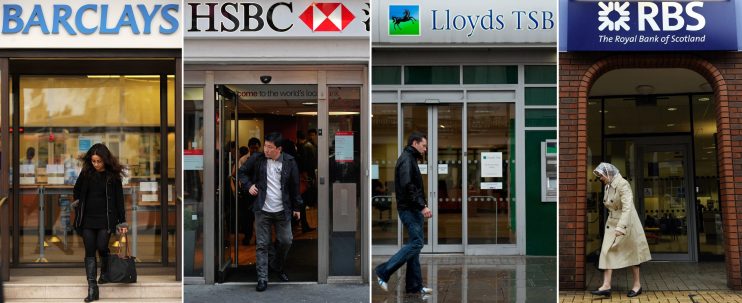Banks ‘use fraud warnings to avoid reimbursing victims’

Banks are not reimbursing customers who have been scammed because they have been “careless”, despite some signing a voluntary code intended to protect fraud victims, it is alleged.
The voluntary industry code introduced in May 2019 was designed to help customers recover life-changing sums lost to fraudsters.
However, some of Britain’s biggest banks are refusing to pay up, according to consumer magazine Which.
An investigation by the firm accused banks of relying on fraud warnings to get out of reimbursing customers.
The fraud warnings pop up when creating a new payee for customers of a number of banks.
A Which survey discovered that 49 per cent of people, based on a pool of 4,216 current account customers questioned, are not even aware that banks have introduced new fraud warnings.
Researchers working with the group said it is “perfectly rational” for customers to ignore the generic messages that pop up with banks such as First Direct, HSBC, Lloyds, Natwest and Royal Bank of Scotland.
One of the people to have spoken to Which about being denied reimbursement was a 38-year-old woman from London. She lost £33,000 after being convinced she needed to transfer money into a new account.
She had been sent a text and asked to call back about a “suspicious payment to Airbnb” in August 2019.
It appeared to come from Lloyds Bank’s usual phone number, sandwiched between two genuine messages. When the standard warning popped up she was assured over the phone.
Lloyds said although it had sympathy, she “did not take sufficient steps to verify that either the text message or the person she spoke to on the phone were genuine”.
Which is now pushing banks to improve their fraud warnings. It also wants to make the voluntary code compulsory to ensure blameless victims get their money back.
But so far the following banks are yet to sign up to the voluntary version of the code: Bank of Ireland, Citibank, Clydesdale and Yorkshire Bank, Danske Bank, First Trust Bank, Monzo, N26, Tesco Bank, and Virgin Money.
Challenger bank Monzo has committed to signing up to the code this quarter, however, and says it it will reimburse customers while signing up.
“We will be signed up to the code this quarter – and are working with the Lending Standards Board on this as a priority,” a spokesperson said.
“While we sign up, we’re reimbursing our customers who have been the victim of a scam, in line with the code. We have always worked and will continue to work with other banks to return a victim’s funds”.
Bank of Ireland meanwhile said it supports the principle but would not sign up up until it becomes standard practice. Although, there is no time frame at the moment.
Even those that have signed up are not paying out, Which said.
“People are losing life-changing sums of money every day to devastating bank transfer fraud – so it’s shocking that some current account providers still haven’t signed up to offer their customers vital protections,” Which money editor Jenny Ross said.
“All banks must prove that their online warnings are up to scratch – especially if they are denying victims reimbursement, as we’ve seen in some cases.”
City A.M. has approached the other banks that have not signed up to the code for comment.